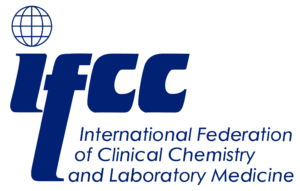MTHFR deficiency is a severe inborn error of metabolism leading to impairment of the remethylation of homocysteine to methionine. Neonatal and early-onset patients mostly exhibit a life-threatening acute neurologic deterioration. Furthermore, data on early-onset patients’ long-term outcomes are scarce. The aims of this study were (1) to study and describe the clinical and laboratory parameters of early-onset MTHFR-deficient patients (i.e., ≤3 months of age) and (2) to identify predictive factors for severe neurodevelopmental outcomes in a cohort with early and late onset MTHFR-deficient patients. To this end, we conducted a retrospective, multicentric, international cohort study on 72 patients with MTHFR deficiency from 32 international metabolic centres. Characteristics of the 32 patients with early-onset MTHFR deficiency were described at time of diagnosis and at the last follow-up visit. Logistic regression analysis was used to identify predictive factors of severe neurodevelopmental outcome in a broader set of patients with early and non-early-onset MTHFR deficiency. The majority of early-onset MTHFR-deficient patients (n = 32) exhibited neurologic symptoms (76%) and feeding difficulties (70%) at time of diagnosis. At the last follow-up visit (median follow-up time of 8.1 years), 76% of treated early-onset patients (n = 29) exhibited a severe neurodevelopmental outcome. Among the whole study population of 64 patients, pre-symptomatic diagnosis was independently associated with a significantly better neurodevelopmental outcome (adjusted OR 0.004, [0.002-0.232]; p = 0.003). This study provides evidence for benefits of pre-symptomatic diagnosis and appropriate therapeutic management, highlighting the need for systematic newborn screening for MTHFR deficiency and pre-symptomatic treatment that may improve outcome.

